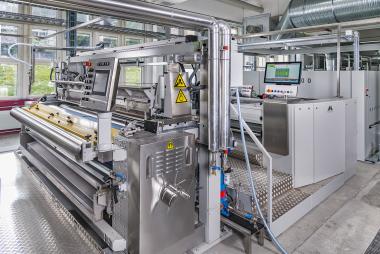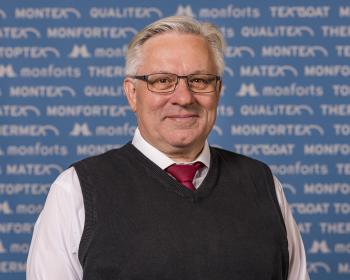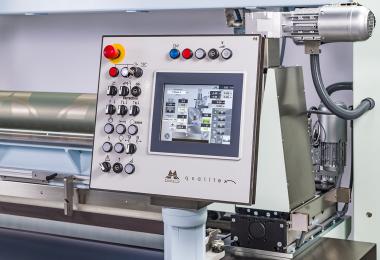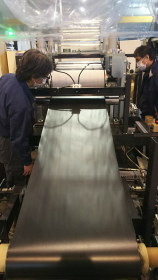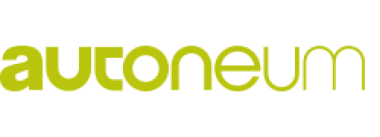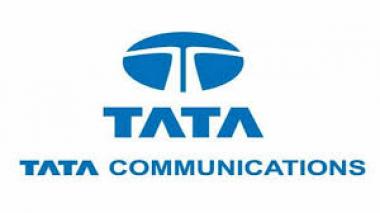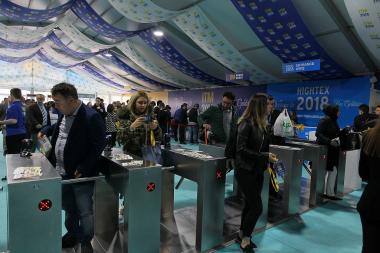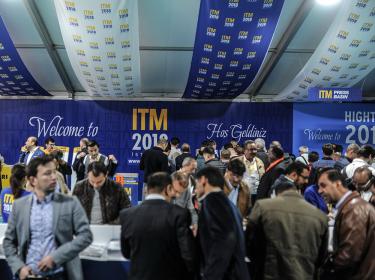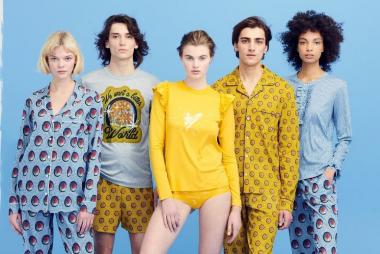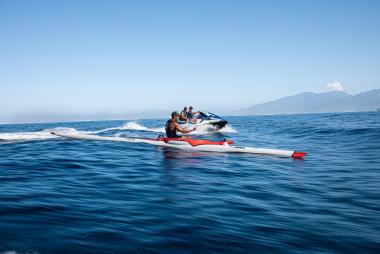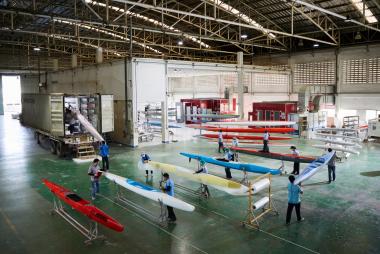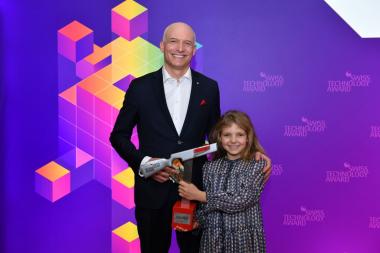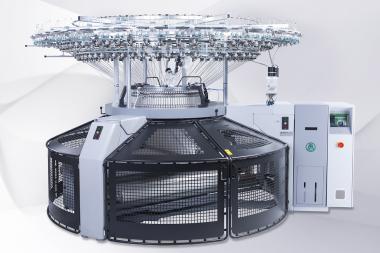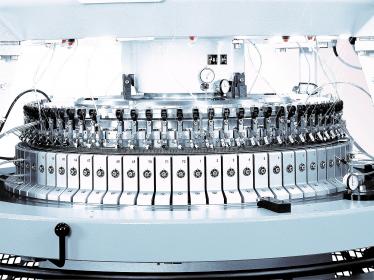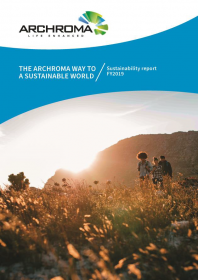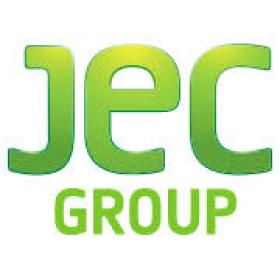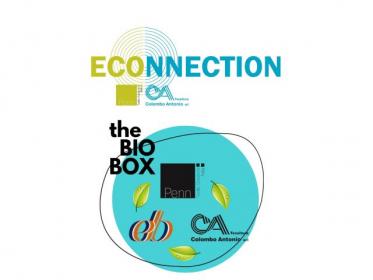The Montex®Coat ticks all the right boxes for coating success in 2021
Flexibility, product uniformity and automation are the keys to success for coating businesses in today’s rapidly-changing technical textiles industry, explained Jürgen Hanel, Monforts Head of Technical Textiles, at the recent 1st World Congress on Textile Coating.
Introducing the latest Montex®Coat magnetic roller coating option to virtual delegates from around the world at the conference organised by International Newsletters, Hanel explained why this technology makes perfect sense now
“The magnetic roller system allows a wide range of coatings and finishes to be carried out, while being easy to handle for operators and much easier to clean at the end of the process,” he said. “It provides textile finishers with an expanded range of options due to the fully-adjustable positioning of the magnet within the roller and with four different magnet positions possible, can be set to operate both as a direct coating system and as an indirect coater.”
With traditional dip coating systems, he added, as well as with many standard knife coating technologies, there is always a difference in the tension between the centre and the edges of the wide width fabrics being treated – and hence the amount of pressure with which the coating is applied. With the use of a magnetic roller, equal pressure is applied across the full width of the fabric, with consistent results even at wide widths of over 2.4 metres. In addition, adjusting the roller surface, rather than changing the coating formulation to match the required add-on and viscosity for each coating effect required, leads to much higher output from the line.
Cleaner and less wasteful
The contribution of such flexible and resource-saving new technologies to a cleaner and less wasteful textile industry was a key theme at the congress – held virtually across the four afternoons of February 11th, 12th, 18th and 19th – as was digitalization and the many advantages it is providing.
“A typical integrated Monforts coating line is automated from the inlet feed to the winder,” Hanel told delegates. “Adjustments can also be made simply and easily from the touchscreen and with the new hand-held remote controller which has recently been introduced for the Montex®Coat unit.”
Manual adjustment, he added, is time consuming and needs the attention of an experienced operator or the reproducibility will not be accurate between coating operations. The adjustment by motors allows each coating to be stored and downloaded again for 100% reproducibility.
The motors can be fully controlled from the touchscreen and all necessary adjustments carried out remotely, making switching from one process to another extremely quick and easy.
The accuracy that is now being demanded by today’s most exacting customers is met with an optional carbon fibre roller – especially in dealing with the winding tension required in the processing of materials such as prepregs for composites and other heavyweight fabrics. Typical applications for the Montex®Coat include the finishing of tents and awnings, black-out roller blinds and sail cloth, automotive interior fabrics and medical disposables. Full PVC coatings, pigment dyeing or minimal application surface and low penetration treatments can all be accommodated.
“The World Congress on Textile Coating was characterised by some very stimulating presentations and forums between the speakers and a global audience of textile specialists,” Jürgen Hanel concluded. “It truly reflected the high level of positive changes now taking place in not just textile coating, but the entire textile industry. I look forward to the next edition, which hopefully will be a face-to-face event for even deeper level discussions and debate.”
A. Monforts Textilmaschinen GmbH & Co. KG Textile Coating World Congress on Textile Coating Montex®Coat
AWOL Media


